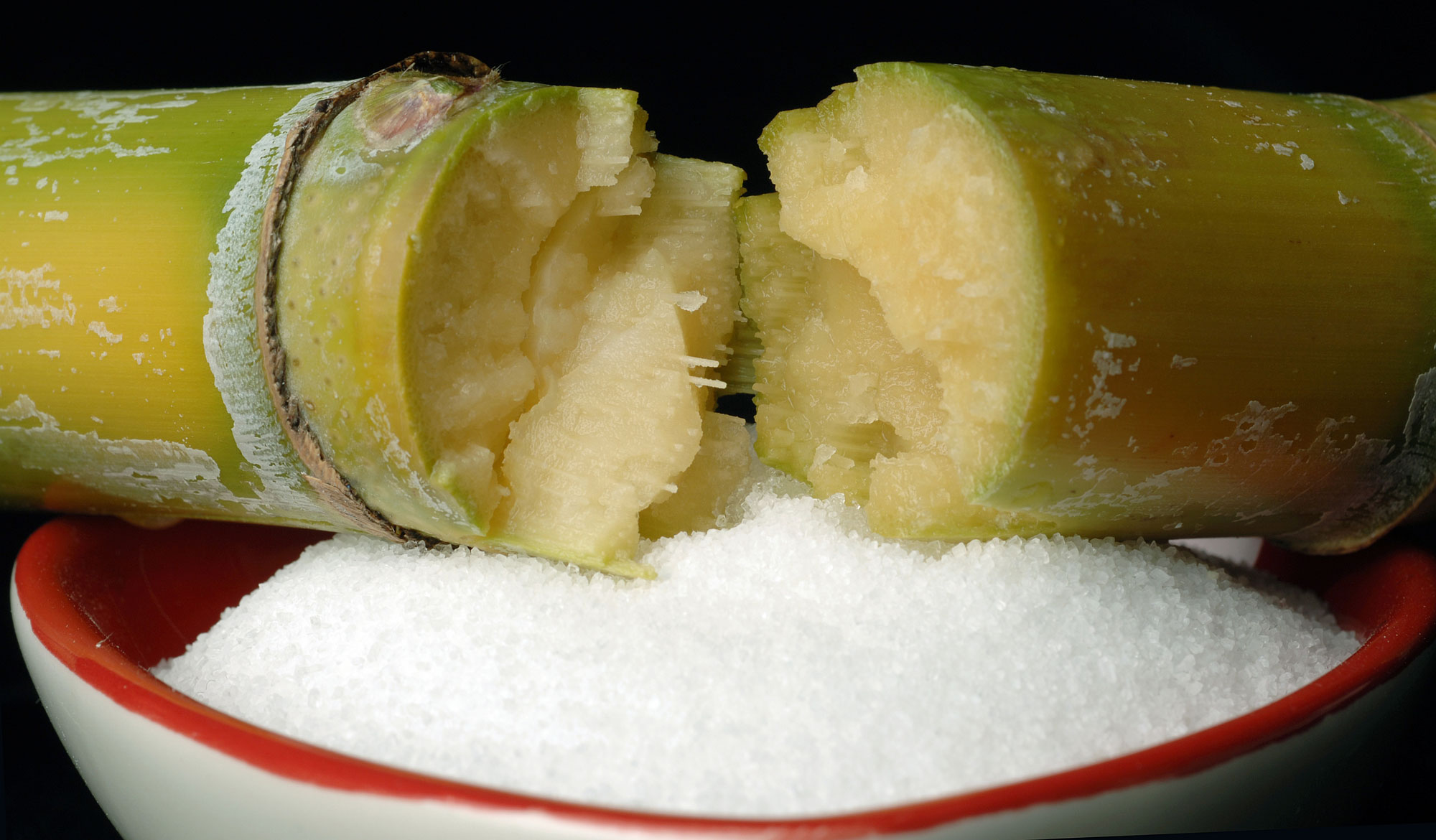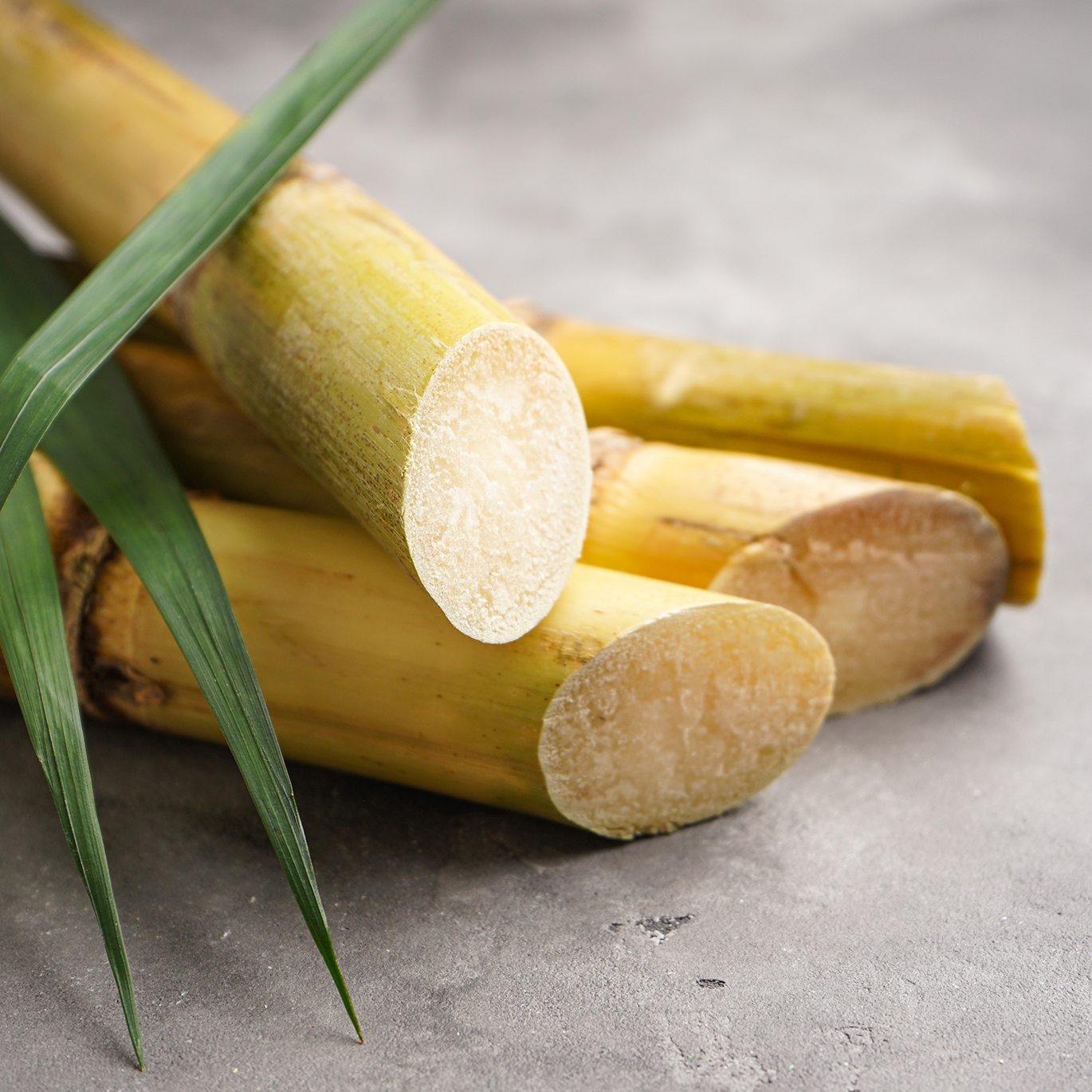Discover the Health Benefits of Sugar and Cane in Your Diet
Discover the Health Benefits of Sugar and Cane in Your Diet
Blog Article
Why Walking Cane Sugar Handling Chemicals Are Crucial for Modern Sugar Refining
The function of cane sugar handling chemicals in modern-day sugar refining can not be overemphasized, as they are important to boosting both the effectiveness of extraction and the general high quality of the end product. Representatives such as phosphoric acid and specific flocculants are employed to eliminate contaminations, leading to sugar that not just fulfills customer expectations but likewise complies with market criteria. The ramifications of these chemicals expand past high quality, touching upon market characteristics and environmental considerations. sugar and cane. This elevates important inquiries regarding the sustainability of such techniques and their impact on the future of sugar manufacturing.
Function of Processing Chemicals
The efficacy of cane sugar processing hinges substantially on the tactical application of processing chemicals. These chemicals play a pivotal function in improving the performance and high quality of sugar extraction and refining. From the first stages of juice removal to the final purification steps, handling chemicals help with numerous important procedures.
In the removal stage, chemicals such as phosphoric acid and calcium hydroxide are utilized to enhance the clarification procedure, assisting to eliminate impurities and put on hold solids from the walking cane juice. This not just enhances the yield but likewise ensures the clearness of the end product. In addition, agents like flocculants aid in the rapid settling of pollutants, thus enhancing the overall procedure.
As the handling advancements, chemicals are made use of in decolorization and formation stages. Triggered carbon and ion exchange resins offer to remove shade and smell, making certain that the refined sugar fulfills customer top quality requirements. Eventually, the duty of handling chemicals expands beyond operational efficiency; they considerably affect the sensory qualities of the last product, adding to market competition. Hence, the meticulous choice and application of these chemicals are vital for achieving optimum outcomes in walking stick sugar processing.
Trick Sorts Of Chemicals
Walking stick sugar processing depends on a selection of crucial chemicals that facilitate each phase of production. These chemicals play necessary functions in clarifying, whitening, and purifying the sugar extracted from cane.
One main classification of chemicals consists of flocculants, such as polyacrylamide, which help in the clarification procedure by advertising the gathering and settling of impurities. Furthermore, calcium hydroxide is frequently used to counteract level of acidity and aid in the removal of non-sugar parts.
Lightening representatives, such as turned on carbon and sulfur dioxide, are utilized to decolorize the syrup, leading to a clearer end product. These chemicals assist get rid of shade substances that may influence the sugar's appearance and marketability.
Furthermore, phosphoric acid acts as a pH regulator during the processing stages, guaranteeing ideal problems for the chemical tasks associated with sugar extraction and purification.
Other important representatives consist of edta (ethylenediaminetetraacetic acid), which chelates metal ions that could militarize unwanted responses, and sodium hydroxide, which helps in pH control throughout the refining procedure. Jointly, these chemicals enhance performance and make sure a high-grade walking cane sugar product.
Benefits for Sugar Quality
Frequently overlooked, the usage of details processing chemicals dramatically improves the total high quality of walking stick sugar. These chemicals play an essential duty in refining processes, guaranteeing that the end product meets stringent market requirements for pureness and taste.

Additionally, processing chemicals assist in achieving a constant granulation and appearance, which are essential for consumer acceptance. By regulating the condensation process, these chemicals ensure that the sugar crystals form evenly, bring about a more attractive item that liquifies well in numerous applications.
Furthermore, the use of these chemicals can enhance the rack life of cane sugar by minimizing dampness absorption and microbial growth. In general, the strategic application of handling chemicals is crucial for delivering high-quality walking stick sugar that meets consumer assumptions and sector demands.
Ecological Influence Considerations

Furthermore, the energy-intensive nature of sugar refining, compounded by chemical use, usually leads to enhanced carbon emissions. This adds to environment modification and elevates worries regarding the sustainability of existing refining practices. Furthermore, the sourcing of these chemicals might involve methods that endanger biodiversity, such as monoculture farming, which minimizes the strength of farming ecological communities.

To minimize these influences, sugar refiners are increasingly checking out sustainable alternatives and embracing best click to investigate techniques that reduce chemical use. Implementing extensive ecological management systems can aid guarantee that the refining process straightens with environmental requirements and advertises biodiversity. Inevitably, a balanced approach that focuses on both sugar top quality and environmental stewardship is vital for the lasting viability of the sugar industry.
Future Fads in Refining
As the sugar sector comes to grips with the ecological challenges related to traditional refining techniques, innovative techniques are arising to enhance both efficiency and sustainability. One significant fad is the adoption of environment-friendly chemistry principles, which prioritize making use of non-toxic, biodegradable handling chemicals. This shift not only lessens environmental influence but additionally addresses consumer demand for cleaner manufacturing methods.
One more appealing advancement is the implementation of innovative purification innovations, such as membrane separation and adsorption processes. These strategies enhance the clearness and high quality of the sugar while lowering the quantity of wastewater created throughout refining. Furthermore, the combination of electronic innovations, consisting of IoT and AI, is transforming functional efficiency by making it possible for real-time monitoring and predictive have a peek at this website upkeep, therefore decreasing source waste.
Furthermore, making use of spin-offs from sugar refining, such as bagasse and molasses, is obtaining grip. These products can be converted into biofuels or value-added items, adding to a round economic climate within the industry. Collectively, these fads signify a shift towards even more sustainable methods that not only enhance functional effectiveness yet additionally line up with global sustainability goals, ensuring the future stability of sugar refining.
Verdict
Walking stick sugar processing chemicals are essential in modern-day sugar refining, significantly enhancing the performance and high quality of sugar blog extraction. The strategic use of these chemicals not only improves the purity and taste of the final product but additionally makes sure constant formation and appearance. As the sector increasingly focuses on sustainability, the fostering of environmentally-friendly handling agents is most likely to form future patterns in refining, ultimately causing better items and extended life span for customers.

Inevitably, a well balanced method that prioritizes both sugar high quality and environmental stewardship is essential for the long-term practicality of the sugar sector.
Walking stick sugar handling chemicals are crucial in modern-day sugar refining, substantially improving the efficiency and top quality of sugar removal.
Report this page